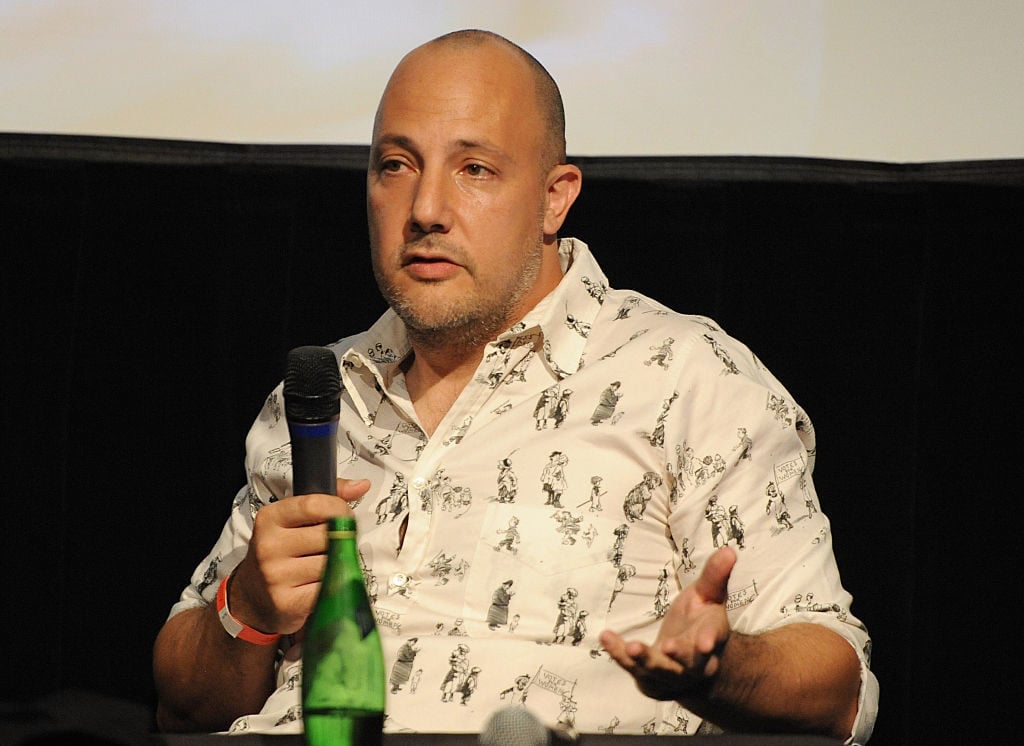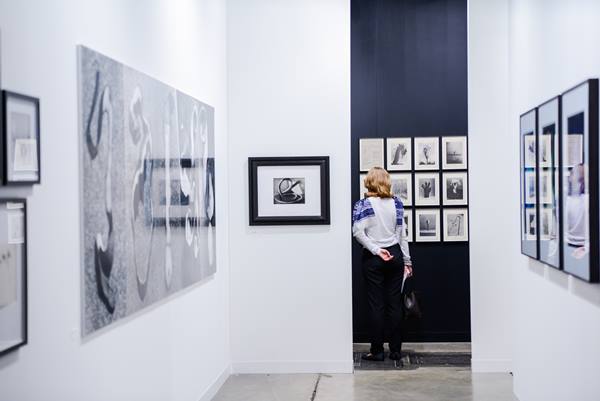Market
Stefan Simchowitz Blasts Dealers and Their ‘Fictional Powers of Persuasion’
He insists that galleries must let go of archaic business models.

He insists that galleries must let go of archaic business models.

Should the art market be more democratic? Is the art world’s protectionist philosophy outdated? As the size and speed of the art market has accelerated in the 21st century, is it time to rethink the way in which the art market conducts business?
In a globalized market worth $63.8 billion, many art businesses continue to operate a highly selective sales strategy, selling only to well-known collectors, or “placing” artworks into the collections of important institutions.
In a telephone interview with artnet News, controversial Los Angeles-based dealer and collector Stefan Simchowitz criticized the archaic business model employed by many galleries and argued that it’s time for the art market to rethink how it manages “cultural distribution” if it is to thrive in the 21st century.

Simchowitz says galleries operate an outdated business model. Image: Courtesy of Art Basel in Miami Beach.
“I think these dealers want to go to their artists and explain to them how well they’re protecting their artist’s careers, but they’re not,” said Simchowitz. “Markets are protected not by who you sell to. They’re protected by how you price, and how much volume you produce, and how much volume you distribute,” the dealer, who holds an economics degree from Stanford University, explained.
So we’ve established a situation where dealers use their fictional powers of persuasion over who they deem to be collectors, and exclude everyone else to protect the market…I believe in building markets through inclusion, and focusing on the real data and effectiveness of building markets […] so that cultural production is managed in a real way, and not in a fictional way where I have to be a doorman at a nightclub and only let the cool people in, and make sure that everyone else stays out.

Simchowitz argued for a more inclusive art market that doesn’t just cater to billionaires like Eli and Edythe Broad. Courtesy photographer Jerod Harris/Getty Images.
Expanding on his nightclub metaphor, Simchowitz said: “All you have is essentially fake markets with cool people in the VIP section of the nightclub being able to order the champagne and everyone else has to wait outside in the freezing cold. That’s bullshit!”
Simchowitz, who was once called “The Art World’s Patron Satan” in a New York Times headline, added that it’s time for old hierarchies to be dismantled and replaced by a transparent approach. “Culture must be democratized, evenly distributed and must be managed within the core principles of good business practices,” he said. “And you have to challenge the bullshit of galleries, of institutions, of educators who are essentially protecting and falsely building markets through these inaccurate structures that have been built up, and have really come to a point of explosion right now as the business has reached such velocity, such scale of production, such scale of exhibition, institutionally and commercially.”